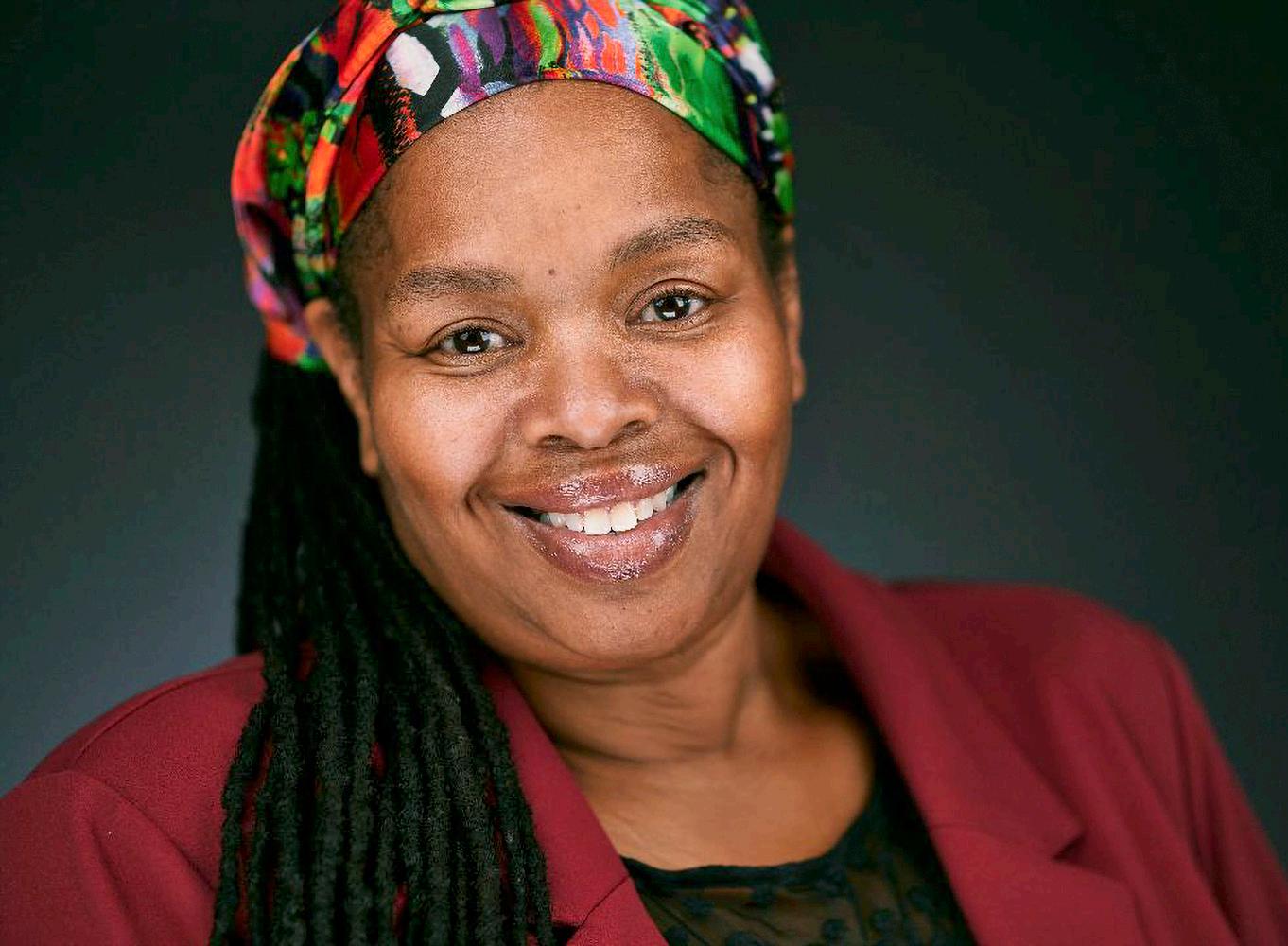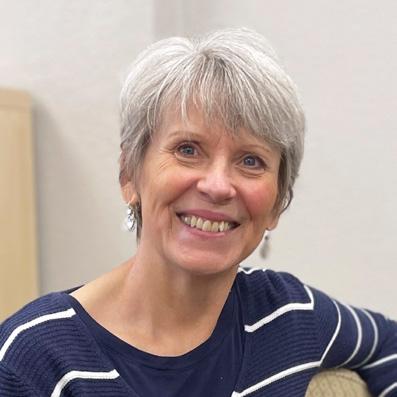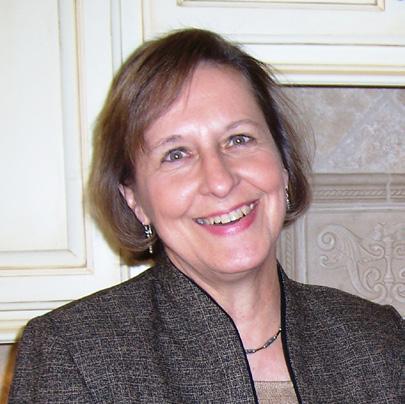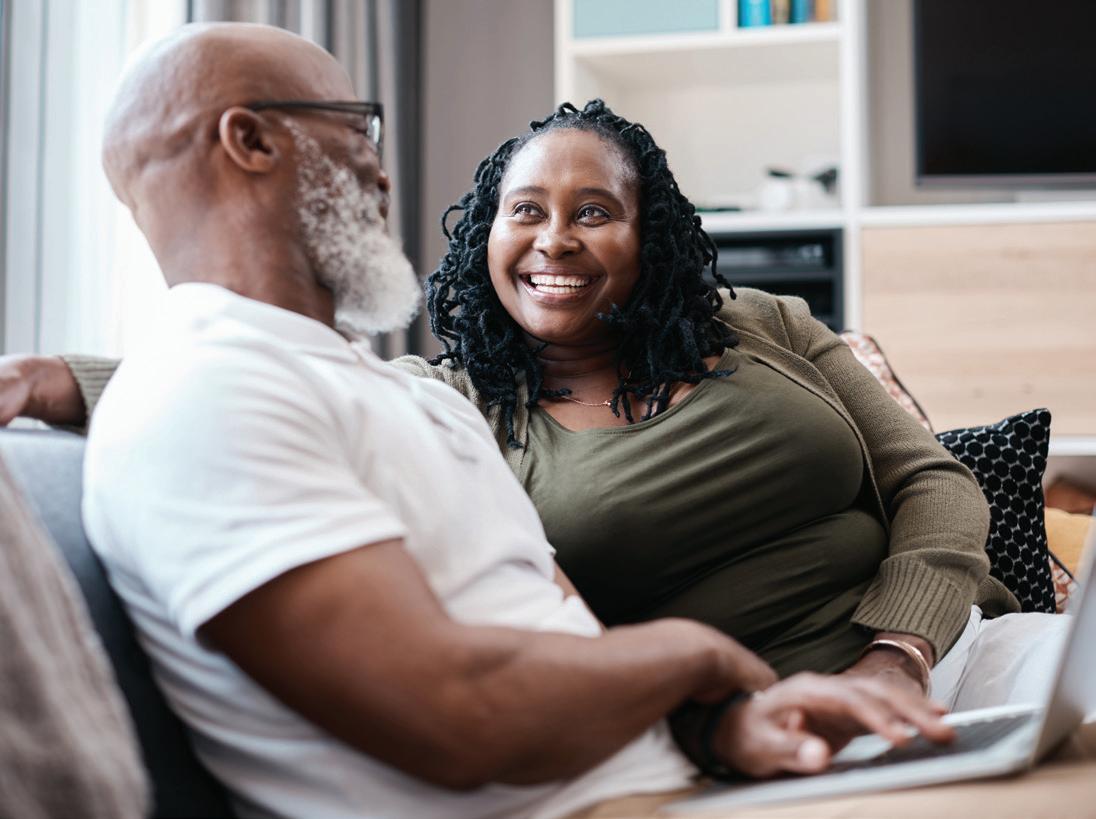
3 minute read
Changed Choices Helps Women Transition Back Into the Community After Incarceration

By Sonja Whitemon
Evelyn Hill was a young lady with all the makings of a promising future. She came from a good home. Her father was an entrepreneur. Her mother worked for the state, and her stepmother, who raised her, owned a beauty salon.
At 15 years old, she had always been a good student — but at 16, that all changed. Bored with school and without warning, she quit and left her comfortable life for a life on the streets. She experienced a period of homelessness and by the age of 20 was locked up for the first time for selling drugs. She continued a life of crime and punishment — in and out of jail and prison for narcotics offenses for the next 25 years.
By some estimates, there are more than 230,000 women currently incarcerated in local, state and federal facilities in the U.S., and the rate of incarceration among women is quickly increasing. In fact, the rate of incarceration among women is increasing faster than that of men, although incarcerated women only account for about 10 percent of the U.S. jail and prison population.
Both men and women can have a tough time reentering society when they are released, especially if they served long sentences. The world is changing quickly. Some former prisoners have a limited understanding of today’s technology — some never even had cell phones, and many have problems finding housing and employment.
Today, Hill has completely turned her life around. She has reunited with her family and works as a general manager for a national hotel chain — a remarkable, often unattainable feat for someone with felony convictions. With the help of the Charlotte-based nonprofit Changed Choices, Hill was able to change her mindset and get the support and resources she needed to begin life again.
The program
Changed Choices helps women who have been incarcerated to restore their lives through healthy decisions and contributions to their communities. The organization empowers current and recently incarcerated women to achieve lasting, positive change.
“Our goals for the program,” said Diane Hunt, Changed Choices executive director and CEO, “[are] that women who have been impacted by incarceration reach self-sufficiency, that they grow mentally, spiritually and physically, and that they become viable citizens in our community [who] start to be involved in giving.”
To be accepted as Changed Choices clients, Hunt said women must have a minimum of two years left on their sentences. That is because one key to the success of Changed Choices is the development of long-term relationships.
During that two-year period, the organization works with the women on issues related to their identity, their purpose, grief, the foundations of faith as well as setting boundaries and caring for their souls. In addition, each client works with a prerelease manager to create a personalized vision plan that includes goals and action steps that focus on their mental, emotional, physical and spiritual health. Their goals are tracked through monthly check-ins.
Transition and release
The organization identifies key resources and client needs that include connecting women to local houses of worship based on the client’s preferences and mentors to provide transportation and connection. They also Identify housing options including Changed Choices’ own reentry home. During the year before release, the organization also provides its clients with resources and information about the reentry process.
Upon release, clients work with reentry managers to address their immediate needs and long-term goals that include establishing or reestablishing some of life’s basic needs, including identification needed for job and rental applications, setting up checking accounts and financial planning. The organization also coaches its clients on their strengths, goals and vision plans, and connects them to counseling resources.
Ruth Snyder, the founder of Changed Choices, developed a passion for embracing incarcerated women in the early 1990s while working as a volunteer in the local jail. It gave her a whole new insight into these women.
“My eyes were opened because I think many of us have the idea that the people that are in jail or in prison, they’re bad. They’ve done something wrong, but I realized in working with them that these women were victims long before they became perpetrators. And I realized ‘but for the grace of God, there go I,’ and it really touched me. I learned to love those women truly.”
Snyder brought in friends to also volunteer and in 2005 established Changed Choices as a nonprofit. Since then, among its accomplishments, the organization has advocated public policy to support the formerly incarcerated and purchased a reentry house. The nonprofit has worked with 5,000 women and is clearly doing something right.

A 2022 report by the University of North Carolina School of Government found that out of 47,000 former inmates in North Carolina, 41 percent were rearrested within two years of release. The rate of recidivism among clients of Changed Choices has consistently been under 4 percent.
Snyder calls the work that Changed Choices does, “a God thing.” She said, “I feel a tremendous amount of gratitude for the privilege I have had to see so many women develop into beautiful, beautiful specimens of humanity. I thank the Lord for giving me the opportunity. I have dealt with murderers (or people accused of murder). I have dealt with absolutely anything you could think of, and I love those women. I love them genuinely.” P











